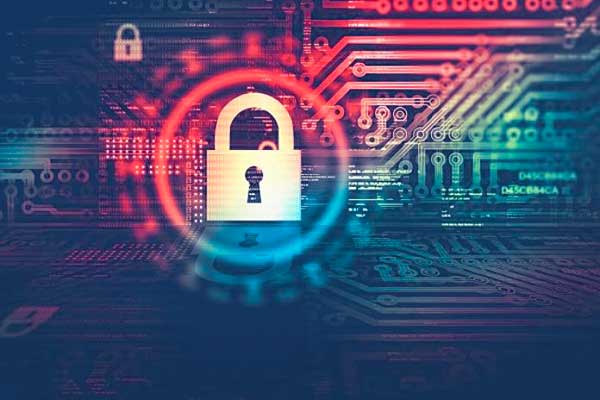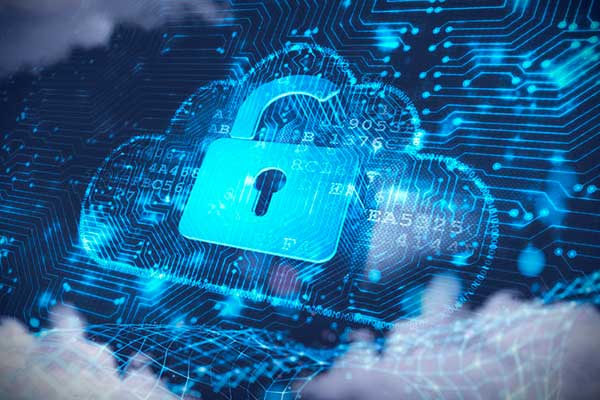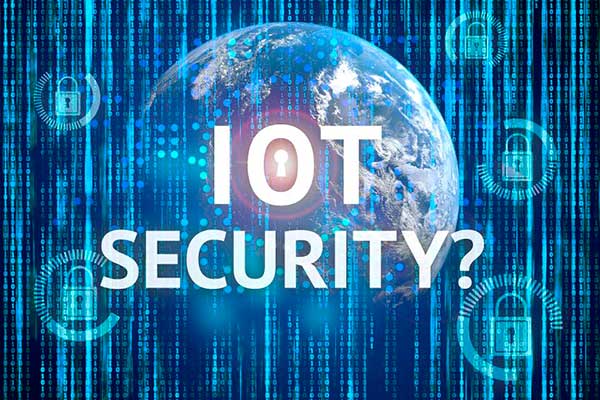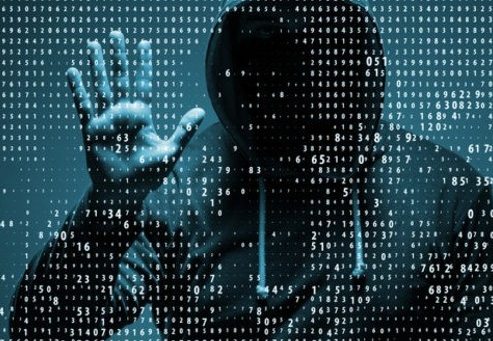What's cyber security?
Organizations face many threats to their data systems and information. Knowing all of the fundamental elements to cyber safety is the first step to fulfilling these threats.
Types of cyber security.
The reach of cyber protection is broad. The core regions are explained below, and some other fantastic cyber security plan must take all of them into consideration.

Critical infrastructure.
Critical infrastructure includes the cyber-physical systems which society is based on, for example, electricity grid, water purification, traffic lighting and hospitals. Plugging a power plant to the world wide web, as an instance, makes it vulnerable to cyber attacks. The solution for associations accountable for critical infrastructure would be to carry out due diligence to safeguard recognize the vulnerabilities and protect from them. Everyone else must evaluate the way an attack on critical infrastructure that they rely on could impact them and develop a contingency plan.

Network security.
Network security guards against malicious intrusion in addition to malicious insiders. Ensuring network security frequently requires trade-offs. By way of instance, access controls like additional logins may be required, but slow down productivity. Tools used to track network safety create a great deal of information -- so much that legitimate alarms are often overlooked. To help better handle network security monitoring, safety teams are using machine learning how to flag abnormal traffic and alert to risks in real time.

Cloud security.
The business's move to the cloud generates new safety challenges. By way of instance, 2017 has seen nearly weekly information breaches from badly configured cloud cases. Cloud suppliers are creating new safety tools to help business users secure their information, however, the bottom line remains: Moving into the cloud isn't a panacea for performing due diligence in regards to cyber security.

Application security.
Application security (AppSec), especially web application security, has become the weakest technical point of attack, but few organizations adequately mitigate all the OWASP Top Ten web vulnerabilities. AppSec begins with secure coding practices, and should be augmented by fuzzing and penetration testing. Rapid application development and deployment to the cloud has seen the advent of DevOps as a new discipline. DevOps teams typically prioritize business needs over security, a focus that will likely change given the proliferation of threats.

Internet of things (IoT) security.
IoT describes a huge array of crucial and non-critical cyber physiological systems, such as appliances, sensors, printers and safety cameras. IoT devices often ship in an insecure condition and give little to no security, posing risks to not just their customers, but also to other people online, since these devices frequently find themselves part of a botnet. This presents special security challenges for the home users and society.
- Details
- Category: Cybersecurity
 you're convinced that your computer has been hacked.
you're convinced that your computer has been hacked. Assess the Computer
Recognizing when you've actually been hacked is difficult, as the best attacks will go unnoticed. However, some tell-tale signs can tip you off. A situation like identify theft could indicate that your computer has been compromised, but there are other, subtler signs. Programs installed on your computer that you are sure you did not authorize is one such warning sign. Also, if your Internet connection speed is consistently slower than normal, it may be because someone is remotely connecting to your machine. Another red flag is if an empty hard drive suddenly becomes full. This is what happens when hackers hijack a computer to host illegal files or websites.
Legal Definition
Hacking is when someone without authorization breaks into a computer system. The activities performed after a hacker breaks into a system range from storing and retrieving data without permission to damaging the normal functions of the system or network. When a person forces their way into a system they are not normally allowed access to, they are breaking the law in some fashion and should be reported.
Documentation
If you suspect that you're being hacked, document everything as well as you can. Track days and times that you're noticing activity, and make sure to take screenshots of any applicable information. Also, track anything that has happened outside of your computer that leads you to suspect hacking, such as the exposure of company data or personal financial or identity theft of any kind. This is all important evidence for the authorities if they open an investigation.
Who to Contact
Typically speaking, Internet crimes like hacking are handled by the FBI. Other government organizations such as the Secret Service and the ATF also have roles to play, but hacking often falls under FBI jurisdiction. The Internet Crime Complaint Center has been established as a means for reporting cyber crime. This site acts as a central processing center where the complaints can be forwarded to the appropriate enforcement department. If you suspect that you have been hacked, you should report it to the ICCC through an online form. However, if you think your problem is time sensitive, you should contact local law enforcement for advice on how best to proceed.
